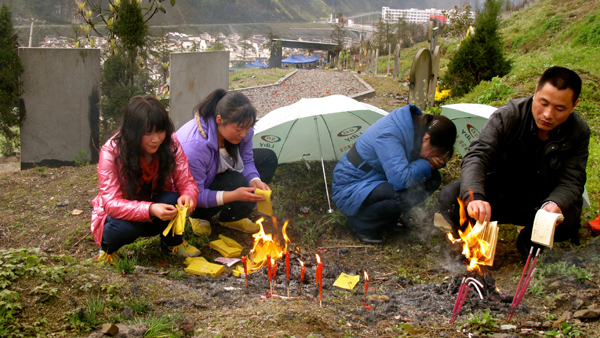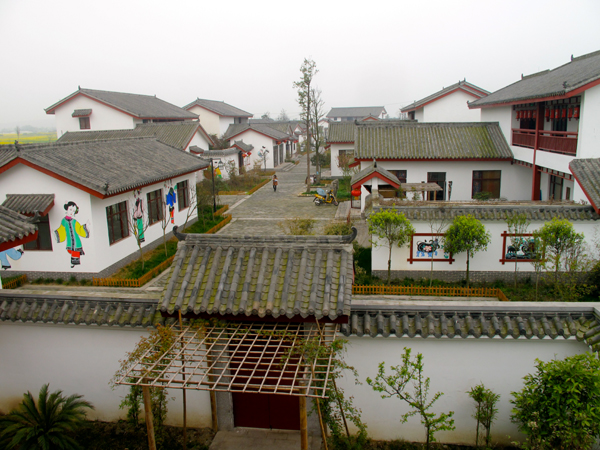Slow road to recovery in Sichuan
By Erik Nilsson (China Daily) Updated: 2011-04-17 10:10
Erik Nilsson goes on series of journeys through Sichuan's quake zone and finds life not only goes on, it gets better.
Survivors say time seemed to stop that day in Sichuan's earthquake-hit area on May 12, 2008.
Many who lived through the 8.0-magnitude Wenchuan earthquake explain that it was difficult to imagine the future that day, when the province shuddered and its buildings fell, leaving about 90,000 people dead or missing.
|
||||
Sichuan has mostly emerged from its cocoon of despair, metamorphosing into a better place to live than it was before the catastrophe.
New homes, schools and hospitals - improbably spacious, safe and modern for the country's mountainous countryside - have taken shape. Brick by brick, these structures have risen as the ruins of their previous incarnations are carried away. Day by day, the people have reclaimed hope for the future, while clearing away their dismay.
My 10 trips throughout the quake zone revealed a place where rebirth, reconstruction and hope have gradually usurped the death, destruction and hopelessness that pervaded immediately after the disaster.
When I first visited the quake zone six months after the disaster, a friend with whom I traveled pointed out many survivors were then like some of the condemned buildings that withstood collapse - they appeared fine from the outside, but their foundations were ruptured.
Now, once-traumatized survivors have been snapping out of their stupor.
Mothers who lost their only children have been giving birth to new babies.
Teahouse owners say local people are splurging for better brews, because the catastrophe reminded them of mortality's inevitability and that they should enjoy their time on earth.
Perhaps the only thing in Sichuan mightier than the seismic violence that mauled the province is its people's indomitability.
No reconstruction effort can bring back those who were lost that day. But Sichuan's recovery has ensured the survivors escaped death to live a better life.
This is the story that time has been telling in Sichuan's quake zone.
- 'Cooperation is complementary'
- Worldwide manhunt nets 50th fugitive
- China-Japan meet seeks cooperation
- Agency ensuring natural gas supply
- Global manhunt sees China catch its 50th fugitive
- Call for 'Red Boat Spirit' a noble goal, official says
- China 'open to world' of foreign talent
- Free trade studies agreed on as Li meets with Canadian PM Trudeau
- Emojis on austerity rules from top anti-graft authority go viral
- Xi: All aboard internet express


















